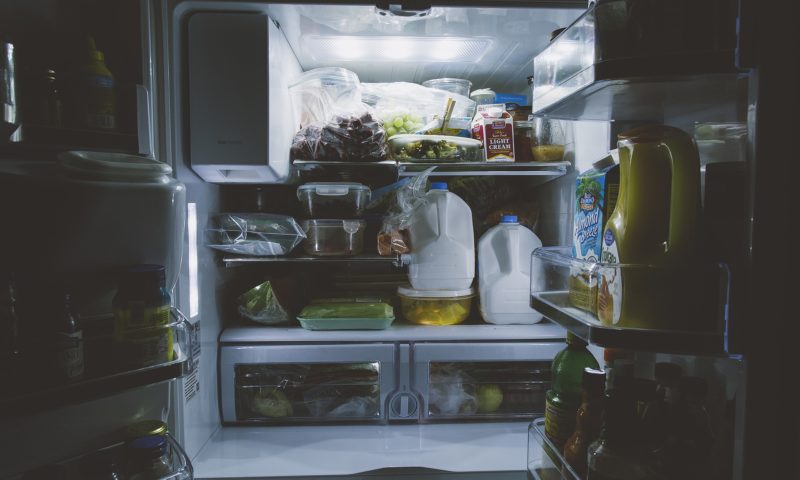We’ve all been there: shuffling the kids to and from after-school activities, running excruciating last-minute errands and busting out the work laptop to meet a hurried deadline. Time races by when you’re rushing against the clock. Realistically, when can you squeeze-in dinner?
Despite our best intentions to meal prep and have the grocery shopping completed before Monday morning, there will always be times when dinner is an afterthought. But does eating late at night, say, past 8:00 pm, really lead to weight gain like you probably hear very often?
What Does Your Biology Do?
What you eat vs when you eat appears to make the bigger difference.
Common advice warns not to eat before bed. This sage wisdom most likely stems from early results of animal studies which suggest the body consumes calories differently at different times each day. It’s all got to do with our circadian rhythm.
The circadian rhythm is your body’s 24-hour clock. It regulates its natural processes and influences sleep-wake cycles, hormone release, eating habits, digestion, temperature and much more. Typically, your circadian rhythm associates night time with rest and sleep. Food isn’t a part of the equation, which is why we assume late-night eating leads to weight gain.
However, further insight into this research shows that a difference may exist between the human body and the mouse body which was initially examined. For us, it’s not so much as the time of day we eat that matters, rather what we eat and how it affects our total calorie intake.
Late-night Eating Habits
Indeed, there is some truth to the sharp warning about eating past 8:00 pm. Research shows that late-night eaters tend to consume more calories on average at dinnertime than those who eat earlier. Consequently, weight gain is often a result of those extra calories.
What’s the deal with those extra calories? Poorer food choices may be at play:
- Healthy food is generally less available when stores close for the night.
- Emotional eating can increase your desire for highly-palatable foods.
- Fatigue is associated with a desire for convenience and higher-calorie foods.
What the late-night debate boils down to is less about the clock, more about the calories. So long as you’re making healthy choices that fall within your daily calorie range, weight gain most likely won’t be an issue — but we recognize that everyone’s biology is different.
Healthier Late-night Choices
What do you pick if you need a late-night dinner or if you’re still hungry when 10 pm or 11 pm rolls around? Consider these lighter choices that are lower in calories:
- Leafy green-based salad with low-calorie dressing and toppings
- Celery with hummus or apples with low-fat peanut butter
- Chopped fruit drizzled with honey or a light sweetener
- Air-popped, reduced-sodium or no sodium popcorn
- Cucumber rounds with cherry tomatoes and Italian dressing
Poor food choices are the biggest contributor to late-night weight gain. If you must eat later in the evening, remember to choose nutrient-dense foods and practice mindful munching.






